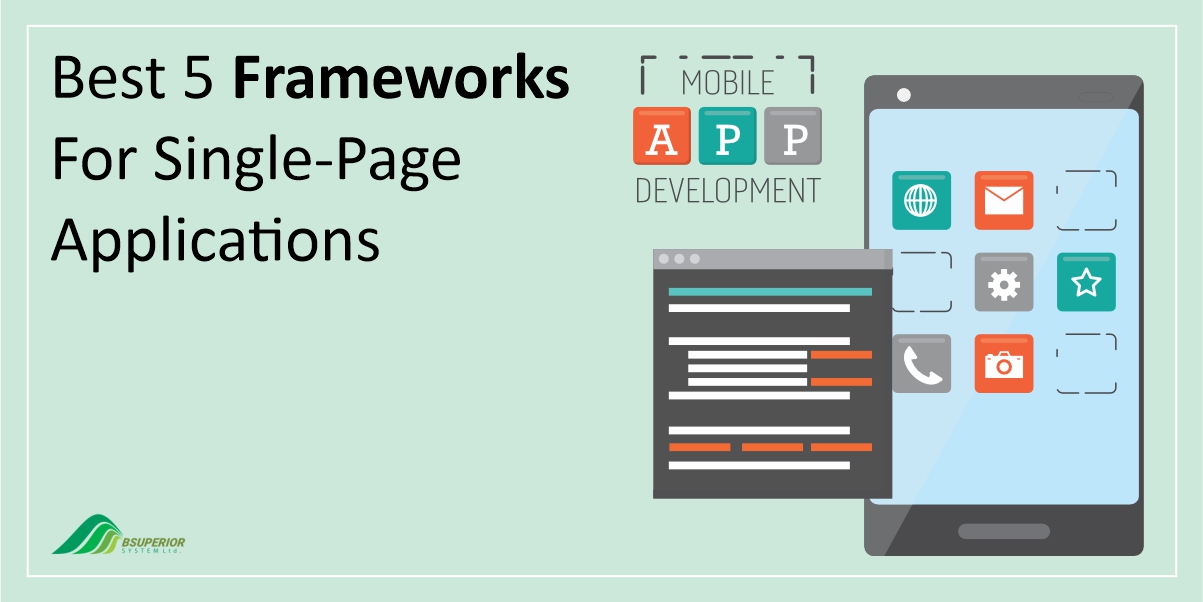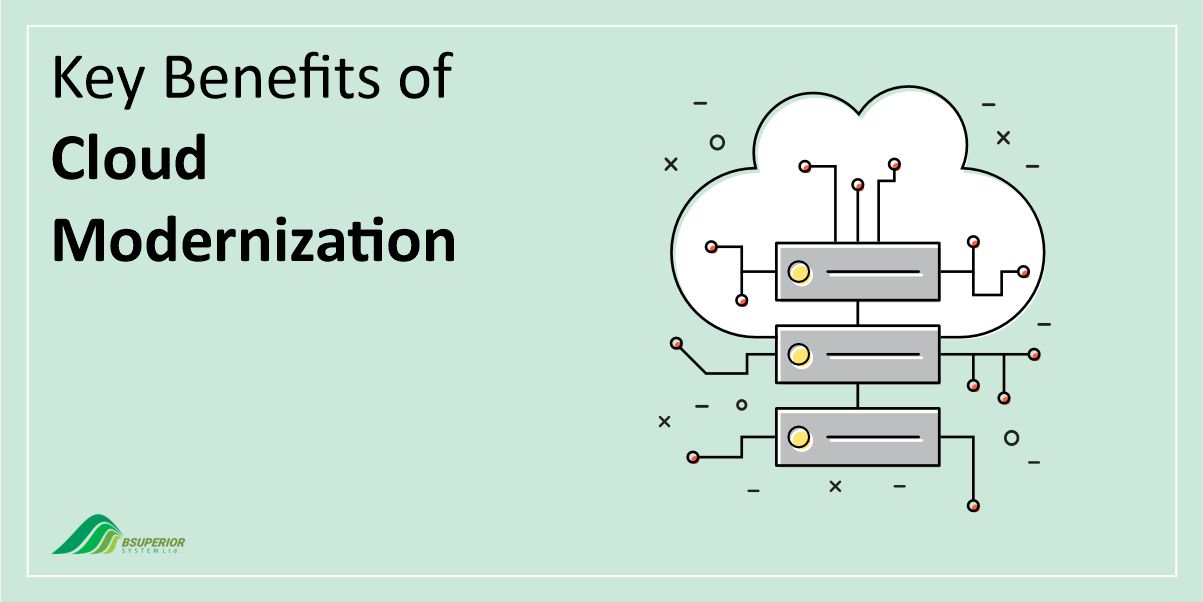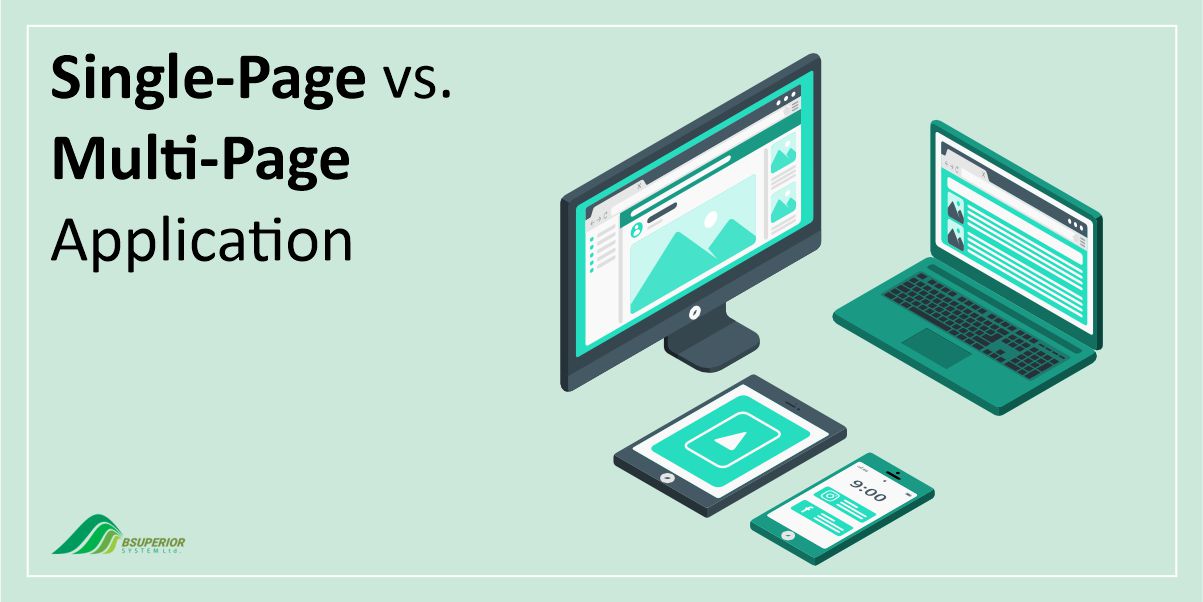What is the Difference Between Pre-Built API and Custom API?
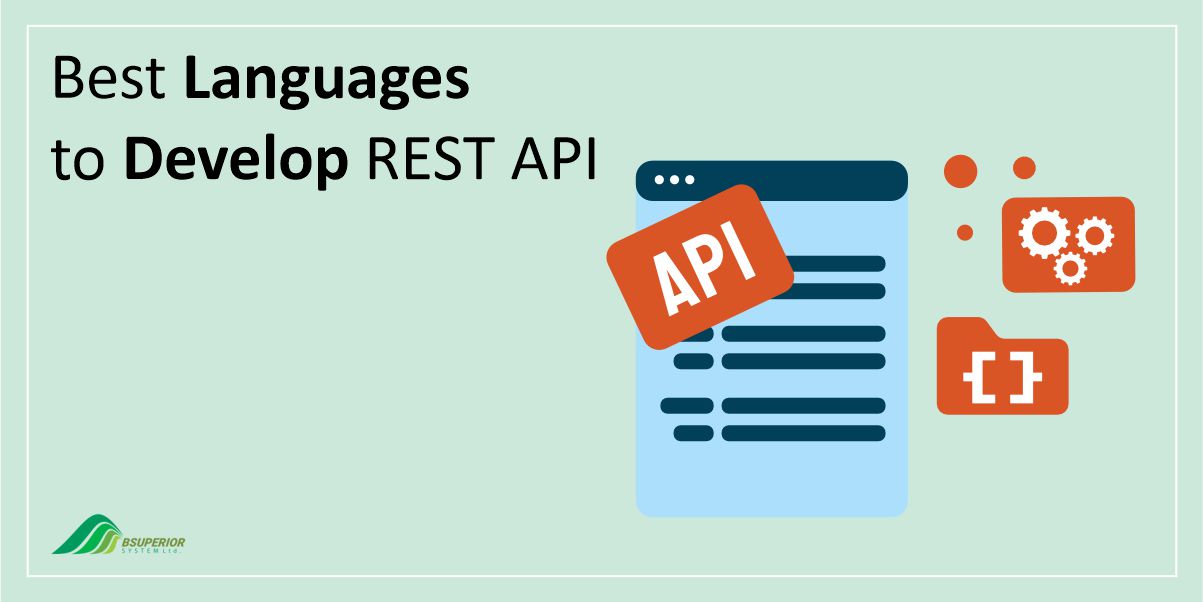
There is no denying the fact that APIs play an invaluable role in the modernization of various businesses. By helping companies exchange and manage vast amounts of data they allow businesses to stay competitive.
When considering APIs for your business, there is a key question that you must ask yourself: Should I go with pre-built APIs or develop custom APIs from scratch? This is the question that we are going to answer in the following blog post.
What is an API?
Similar to translators that make communication between people with different languages possible, APIs are intermediaries that enable communication between two or more applications.
The funny thing is that we use APIs all the time without even realizing it. To give you an example, when you pay with your PayPal on an online shop, that is an API connecting the two so that you can pay easily.
APIs come in all shapes and sizes. Some, like cloud APIs, help apps talk to each other over the internet. Others, such as on-premise APIs, keep your company’s software running smoothly.
So how do APIs work? You can look at their function as a question-and-answer game. An app asks a question (e.g. what’s the weather today?).
Then the API fetches the answer from a weather service and delivers it back to the app. The result is that you can see it on your phone.
What is a Pre-Built API?
Pre-built APIs are standardized and ready-made integrations that provide businesses with generic solutions. They are commercially available products that you can purchase and integrate into your existing API development processes.
Although these APIs are integrated rapidly, their general nature does not fully address specific business requirements.
Benefits of Pre-Built APIs
Pre-built APIs offer businesses quite a few essential advantages, such as:
- Rapid Deployment: The most important benefit of pre-built APIs is that they are swiftly integrated into systems.
- Budget-Friendly: Compared to custom-built solutions, pre-built APIs are more affordable and require less financial investment.
- Extensive Support: Pre-built APIs typically have a larger user base, which means that there are more available resources and assistance.
Downsides of Pre-Built APIs
While being convenient, pre-built APIs come with a number of shortcomings. These are:
- Limited Customization: The major problem with pre-built APIs is that they lack the flexibility to meet specific business needs
- Less Control: Another drawback of these APIs is that they provide less control over the software in comparison with custom-built solutions
What is a Custom API?
Custom-built APIs refer to APIs that are built in-house from scratch. These APIs are specifically created to align with the custom requirements of a business.
To build such APIs, you need the expertise of at least one API developer, or perhaps an entire development team.
Benefits of Custom APIs
There is no doubt that creating your own APIs from scratch will be beneficial in many ways.
- Integration: The primary benefit of custom APIs is their capability to integrate specific datasets supplied by the client. This integration with existing data generates results that are considerably more accurate and relevant.
- Security: If data security is a top priority, you should consider developing a custom API. Creating a custom API allows for complete control over security measures and does a better job of safeguarding sensitive information.
- Specific Solutions: When dealing with legacy systems or uncommon data formats, custom APIs give you the flexibility to address specific business needs.
- Competitive Advantage: To outperform your competitors, it is a good idea to start developing custom-built APIs.
Collaborating with a specialized software development firm, like BSUPERIOR (more on this later) will help you drive sales and revenue growth in the long run.
Downsides of Custom APIs
Although custom-built APIs offer numerous benefits, there are several limitations that you need to take into account.
- Higher Costs: The main downside of custom-built APIs is their higher upfront costs compared to pre-built options. Investments in development, testing, and ongoing maintenance are likely to increase these expenses even further.
Moreover, building a custom API requires skilled personnel, robust infrastructure, and sustained support, which can impact project budgets. - Complexity: Another important limitation to consider is that custom API development can become complex, particularly when dealing with intricate requirements or unclear specifications.
This complexity may result in more errors and challenges during the development process. - Development Time: We all know that creating a custom API from the ground up is a lengthy process. To make matters worse, implementing new features and functionalities takes a great deal of time, and thus will affect the overall time-to-market for the API.
What is the Difference Between Pre-Built APIs and Custom APIs?
Now that we know what pre-built and custom APIs are all about, let’s dig deeper and have a closer look at their differences.
Development Time
This is the first and probably the most important factor that differentiates pre-built APIs from custom ones. When creating an API from scratch, it typically takes longer than purchasing a pre-built API from a third party.
Developing an API architecture, defining endpoints, testing, and documentation are all time-consuming tasks that might span months.
In contrast, pre-built APIs are readily available. With such APIs, you do not need to handle versioning, testing, or documentation.
Cost Comparison
The financial implications of choosing between a pre-built or custom API depend on specific needs. In order to build a custom API, you need to hire specialized developers, which can be quite expensive.
While outsourcing development may be more affordable, it still involves financial investment. On the other hand, pre-built APIs have upfront costs but may offer long-term savings compared to the ongoing expenses of maintaining a custom-built API.
Control Over the APIs
Custom APIs allow you to create an API that is specifically designed for the unique needs of your business. This customization, as you might expect, results in a more effective finished product.
Furthermore, with custom development, you own the software solution and have the option to further customize it as necessary.
Whether it’s fine-tuning features or adapting to changing requirements, you have the flexibility to make all the adjustments that you need.
Pre-built APIs do not give you the same control as custom APIs do. They provide you with less flexibility since they are standardized solutions and shared among multiple users.
Final Words: How Can BSUPERIOR Help?
When deciding between a pre-built API and developing your own, it is necessary to evaluate your requirements and choose the right team.
Successful API integration is a complex and multi-faceted process that involves careful planning, cost review, and consideration of end-user needs.
Having said that, if you want to employ the power of APIs within your organization, you must consider partnering with BSUPERIOR.
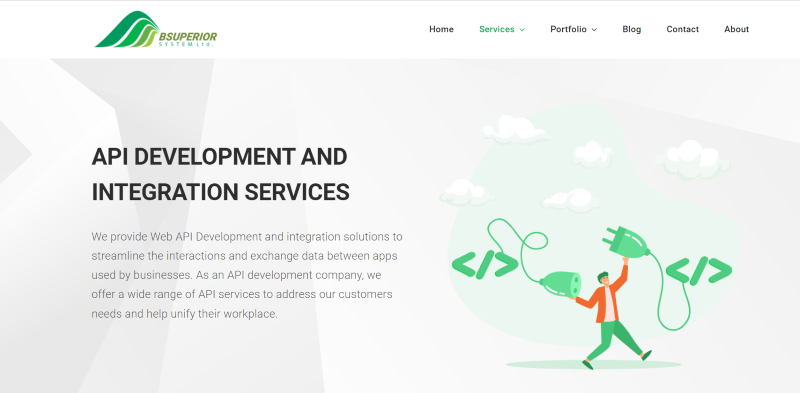
We at BSUPERIOR specialize in building custom APIs to drive business growth. We understand the challenges of API development and offer expert solutions to:
- Optimize business operations and enhance customer experiences
- Create secure and high-performing API architectures
- Develop tailored APIs to meet specific business goals
Ready to transform your business with APIs? Feel free to reach out if you need further assistance or have any other questions.
We value your input and believe this content may enhance our services. However, it's under review. If you see room for improvement, please use the "Report an issue" button below. Your feedback helps us excel.
Contact us today at –– and speak with our specialist.


